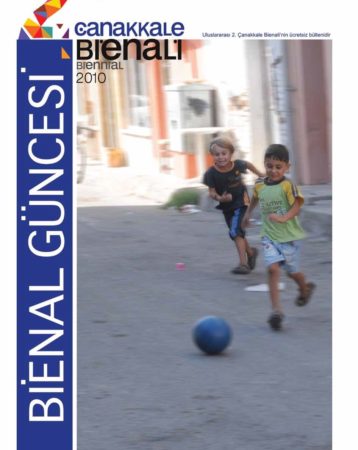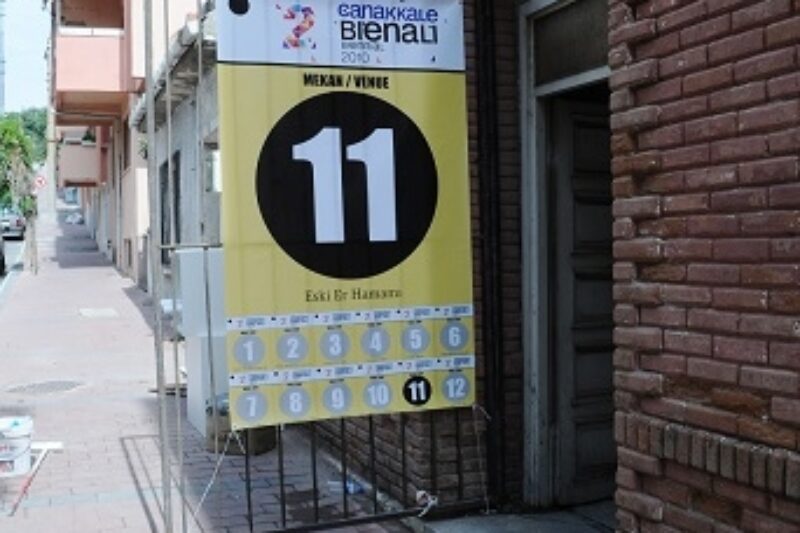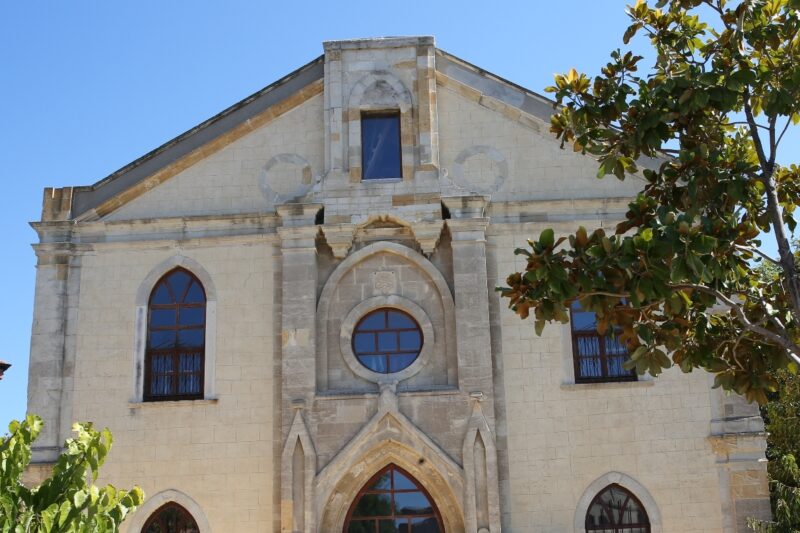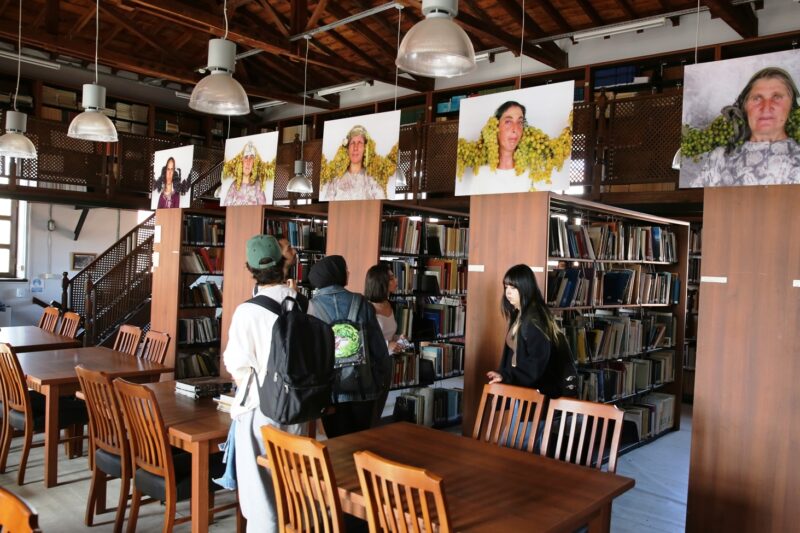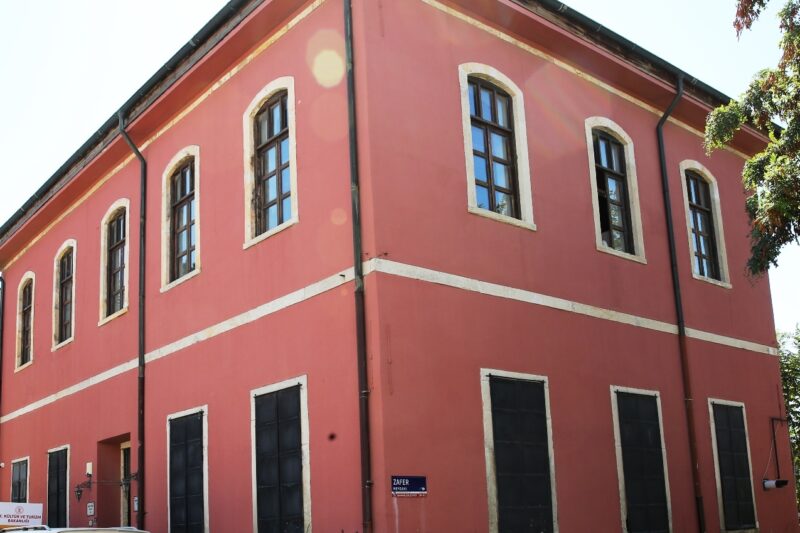When we examine the lives of today's people, we see that they drift away from natural reality and enter into the vortex of fictional truths. Regardless of the level of civilization of humanity, which has survived thousands of years of history, its life has become a controversial issue. Wars, human rights violations, individual violence practices, consumption spree, money speculation, polluted environment, lack of education, chaotic situation caused by economic disturbances and many other factors changed the direction of life and transformed human life.
When we look at the life of modern man, we see that, by dealing with a lot of unnecessary problems and wasting his energy and time, he makes his living situation controversial. Developing scientific studies, the way in which technology is strengthened and dominated by nature to turn back to its own reality, in short, situations that concern the human in modern life, fictional realities and the system for the acceptance of these realities; education, art, and media making this idea nurtured and developed. Life is considered superficially because it breaks away from philosophy and thought.
Although this situation created by fictional realities builts a negative environment, instinctive or conscious reaction against this effect trigers new transformations by opening new ways in life. This is another fact that stands in the face of the fictional realities we are faced with, and by pushing the data of transformation slowly into human life, it positively supports our endangered hopes.
It is difficult to predict how much of the experiences related to social structures and their functioning processes are realized with manipulative effects and how they are shaped as social development and natural transformations. The strength or low-resistance areas of social tissues created and being created with managerial ability shaped by positions based on relationships of power and complexity; it acts with a consciousness that can determine the direction, life, and even the new tissue in which it will transform, re-pattern, and patch.
Boudrillard; Stating that the system no longer wants everyone to be productive but to play the game based on changing or manipulating social structures, he emphasizes that certain roles are assigned to individuals and different social segments independently of themselves in social fiction. With the process of centralizing the system and transforming it into a technocratic pyramid, students, youth, and those who were initially or consciously eliminated from the outset, lost emotions and irresponsibility, where cross-line (marginal) and off-center (periphery) were encountered. It is concluded that communities with different social categories, regional, ethnic or separate languages have important duties. Those who are excluded play directly against the rule of the game. Those who are deprived of being part of the society fail not only the system that exploits themselves, but also the principle of social reality of capitalism. It is seen that all these categories, which are put into separate panes and subjected to different treatments and turned into satellites, are left to their own destiny as a term that has lost their meaning together with the system which has been transformed into a structural code over time. The aim of these categories is to eliminate this strategy based on these structural and hierarchical oppositions with these separations, ruptures and different treatments.
Suddenly, after the millennium, the signs of a social structure that does not seem to be the continuation of the 20th century, in which the production processes are centered, sanctified, and aimed at the consolidation and preservation of the sovereign structure through the activation of counterbalances, suddenly appear.
Under the heading of the new world order, there are many speculative discourses on the development of ideals in which classic production-consumption relations, peace, democratic and egalitarian social balances and living standards are positively being developed, which still evaluate the relations of production and consumption in the same way as in industrial society.
- Curators: Seyhan BOZTEPE, Denizhan ÖZER
- Biennial Coordinator: İsmail ERTEN
- Design: Serdar Negir
- Publications Editor: Funda ORUÇ
- Publications Art Director: Ali KILIÇ
- Graphic Application: Şerife ASLAN
- Translations: Begüm AYDIN, Nurhan SÖZER
- Photography: Tuncay ALPI
- Volunteers: Adem Yavuz BAĞ, Ayşe KOYUNCU, Ayşegül BÜLBÜLOĞLU, Ayşegül Esin DEMİR, Başak KÖSE, Begüm AYDIN, Berat ATAKMAN, Beyhan KESKİN, Betül KANAT, Büşra KIRDAGEZEN, Cüneyt YAĞCI, Çağatay DEMİRTAŞ, Deniz GÜNDÜZ, Derya Deniz MUHSİNOĞLU, Didem SÜTHAN, Dilan GEMALMAZ, Döndü DOĞAN, Duygu ŞİMŞEK, Duygu ÜNAL, Duygu YILDIZ, Ebru GÜÇLÜ, Eda SEMERCİOĞLU, Ela TAVLI, Emre ÖZENER, Eray ÇALIŞIR, Eray ULUDOĞAN, Eray UYSUN, Eren UYSAL, Esin OK, Gönül OKUMUŞ, Gülşah ÇETİN, Handan KET, Hasan GÜLBAY, İsmail DÖNMEZ, Kaan ÜNER, Kadriye UYSAL, Mecnun BOZDAĞ, Meriç KURGUN, Merve ŞEN, Mert DAĞHAN, Nurhayat YALÇIN, Nurten KÖROĞLU, Oğuz BALCI, Olgu BABAT, Öznur CENGİZ, Pınar CUMALI, Sebahattin TORBALI, Şahika YAR, Tuğba TÜTÜNCÜ, Tuğba YAKULİ, Umut Şükran AYDIN, Yasemin SAADET, Yıldırım İNCE, Yıldırım ŞAHİNER, Zeynep Ceren KÖSE


